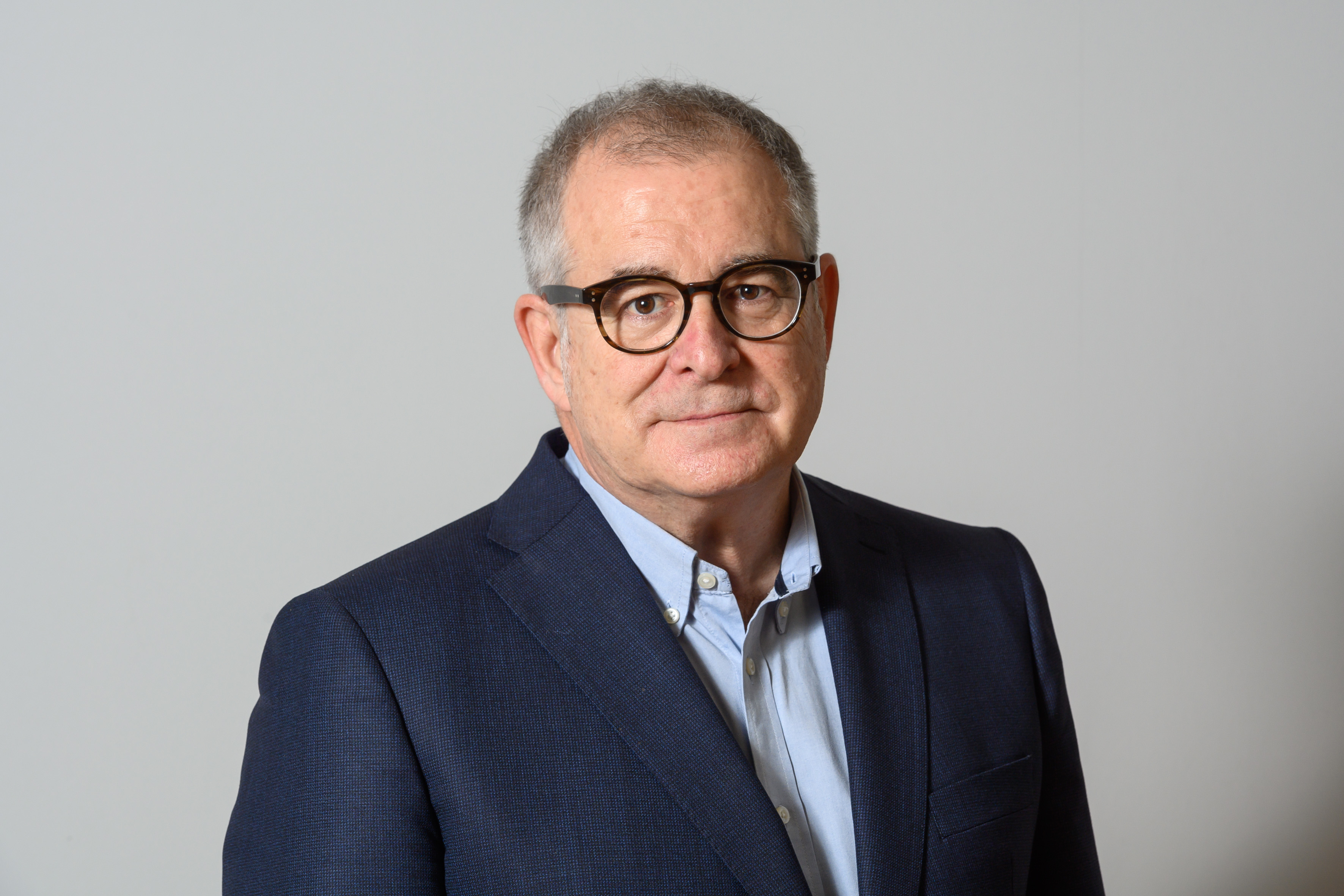General manager leaves Mercabarna
Valls became director of Spain’s large grocery retailer on September 29, 2020, during the Covid-19 pandemic, a period in which Mercabarna was able to guarantee the distribution of food at all times.
Upon his arrival, he developed a new 2021-2026 strategic plan based on the sustainability, growth and resilience of the business fabric of the food estate, as well as the generation of talent and innovation.
One of the most important milestones reached during the Jordi Valls period has been the expansion of the Mercabarna site. At the end of 2021, Mercabarna acquired 17 hectares adjacent to its premises that were owned by the Barcelona Free Zone Consortium to optimize the agro-industrial ecosystem, boost the agrologistics sector and create more sustainability infrastructures within the large market.
Another of Valls’ concerns has been the generation of talent and innovation. For this reason, in February 2021, he opted to host the Barcelona Food Institute within Mercabarna, which allows for many synergies with the companies on the premises, which constantly need trained personnel. Each year it welcomes about 500 students between the ages of 16 and 21.
In February 2022, Foodback was launched, a pioneering center for food use, integrated into the waste management system of all of Mercabarna, to avoid wasting leftover fruit and vegetables during the commercial process.
In October 2022, the construction of the largest rooftop photovoltaic plant in the Iberian Peninsula began, following the agreement between Mercabarna and the wholesale associations of the food estate, which by 2025 will prevent the emission of 6,000 tons of CO2 to the atmosphere.
Another notable commitment of this stage is the Mercabarna Proximitat project, which aims to value local producers and local food that is sold in Mercabarna, and which will begin at the end of the year.
Also by the end of the year, the modernization of the Green Point will be completed, which will increase the recycling of commercial waste generated by food companies from 73% to 80%.
In economic terms, Mercabarna has achieved optimum indebtedness and profitability ratios that allow it to be self-sufficient to solidly face the volume of future investments planned.



